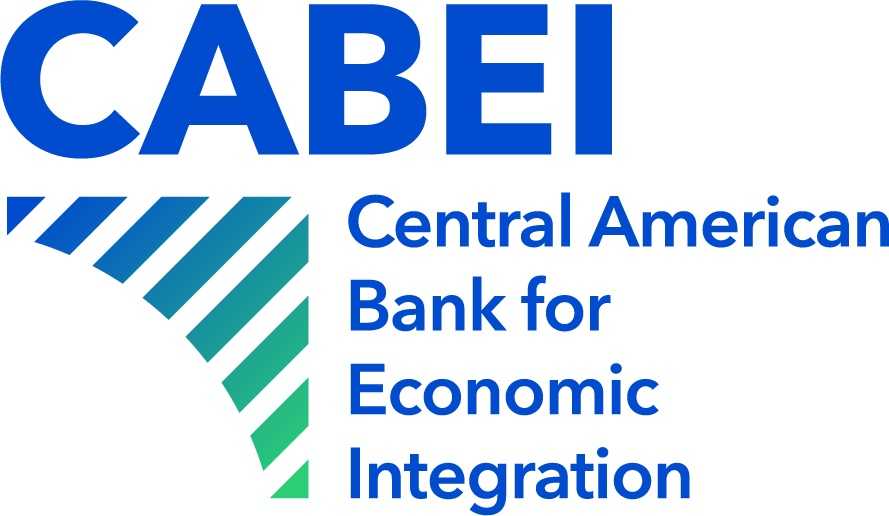TEGUCIGALPA, Honduras – The Central American Bank for Economic Integration (CABEI) approved a non-reimbursable technical cooperation grant of US$50,000 for the study entitled “Creation of a resilient coffee value chain to mitigate the effects of climatic catastrophes and the covid-19 pandemic in Honduras and Nicaragua.”
The results will provide a diagnosis of the impact of the Eta and Iota cyclonic events, as well as those of the pandemic on the coffee sector in both countries, so that a project proposal can be formulated for each country to promote its resilience.
CABEI Executive President, Dr. Dante Mossi emphasized that “this initiative is in line with the Bank’s interest in addressing priority issues at the regional level and joining forces with the governing institutions of the coffee sector to reactivate the countries’ economies, reduce the effects of climate change and generate more employment opportunities by mitigating the outflow of our human capital from the region.”
Nicaragua’s Vice Minister of Development, Industry and Commerce (MIFIC), Jesús Bermúdez, said that the study will provide the necessary information to be able to develop concrete actions to facilitate the recovery of the coffee-growing areas affected by the hurricanes in November 2020 and the COVID-19 pandemic. “The efforts will be aimed at achieving the sustainability and resilience of Nicaragua’s coffee value chain in the medium and long term, in accordance with our policies for the development of such an important export item,” he said.
The Secretary of the National Coffee Council – CONACAFÉ in Honduras, Nelson Omar Funez Flores, indicated: “this support will allow the country to have updated information on the impact caused by climate change and the pandemic on the coffee sub-sector actors in the country with the purpose of making timely and intelligent decisions in the reconstruction process to achieve a resilient coffee industry capable of adapting to the new challenges and to take advantage of future opportunities.”
Coffee is one of the most important export products in the Central American region, generating strong foreign exchange and a substantial effect on the Gross Domestic Product (GDP) of Honduras and Nicaragua. It is also the main source of income for some 35,000 Nicaraguan producers and more than 140,000 Hondurans.
The non-reimbursable technical cooperation will be executed by CABEI in coordination with the National Coffee Council – CONACAFÉ in Honduras and the Nicaraguan Development, Industry and Commerce Ministry (MIFIC); it is estimated that the proposals developed as a result of the diagnosis will be available in September 2022.


















